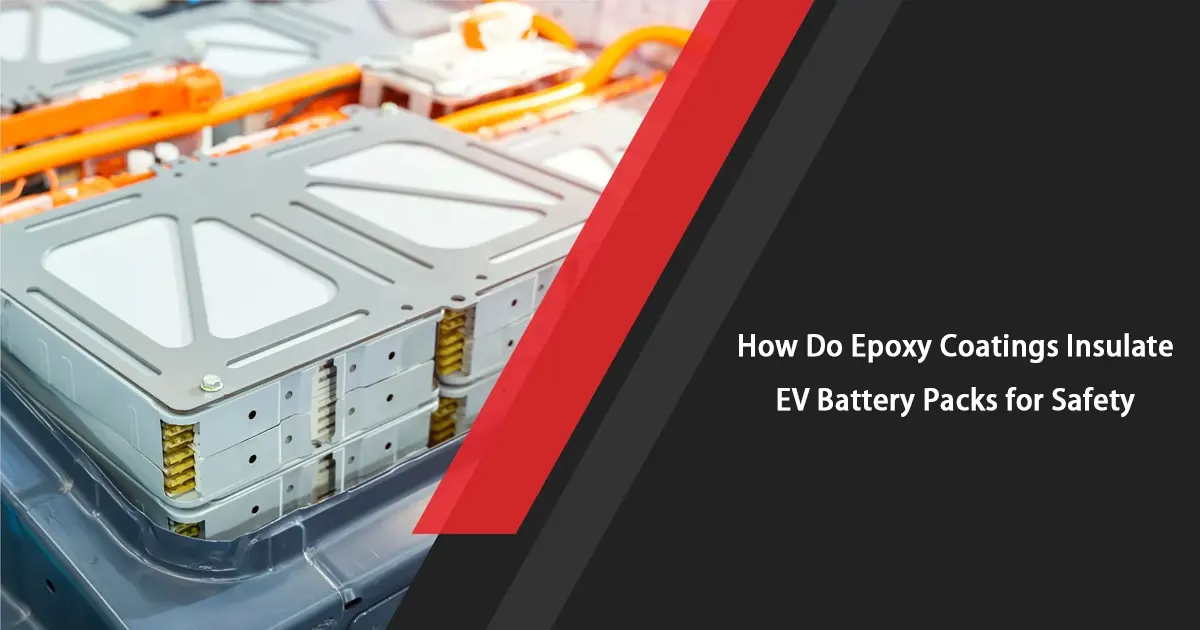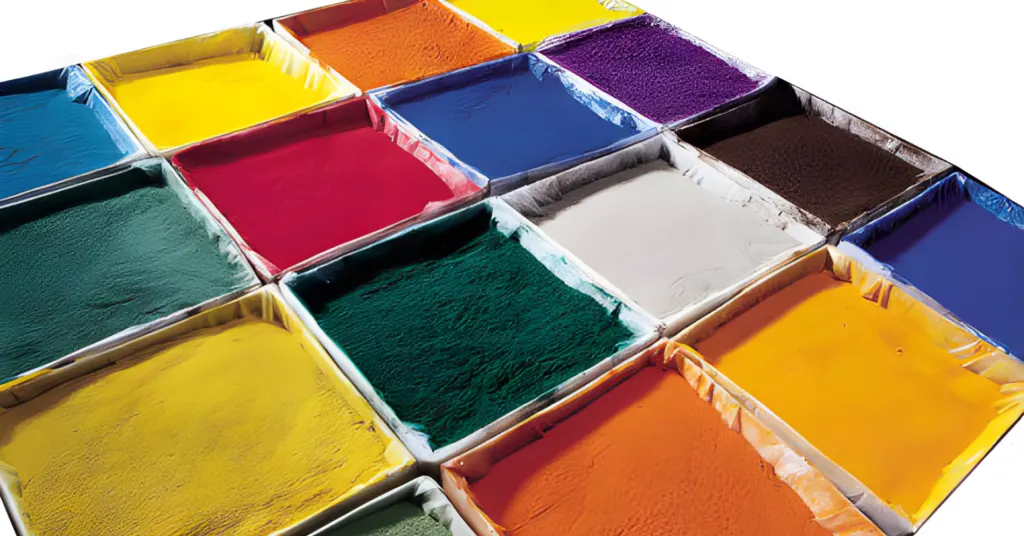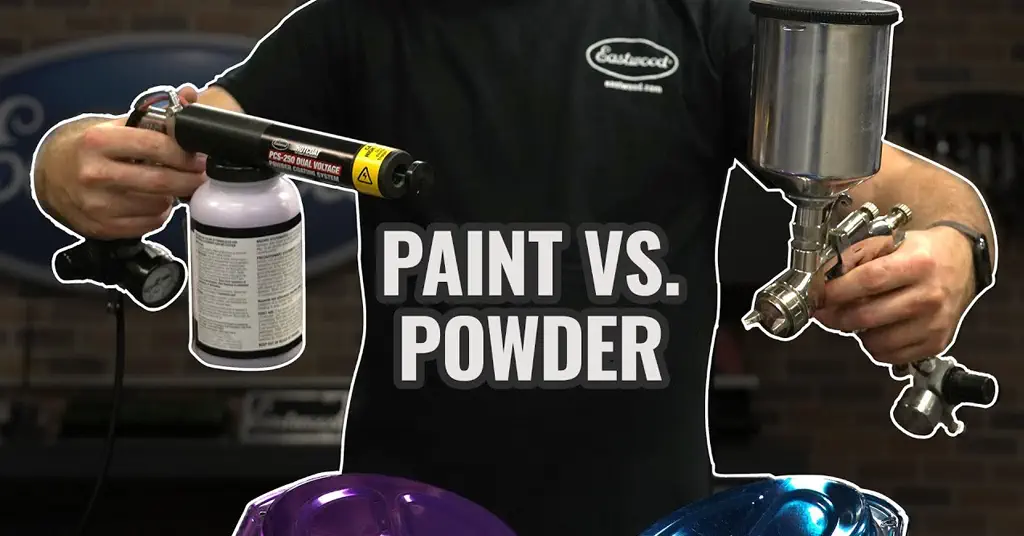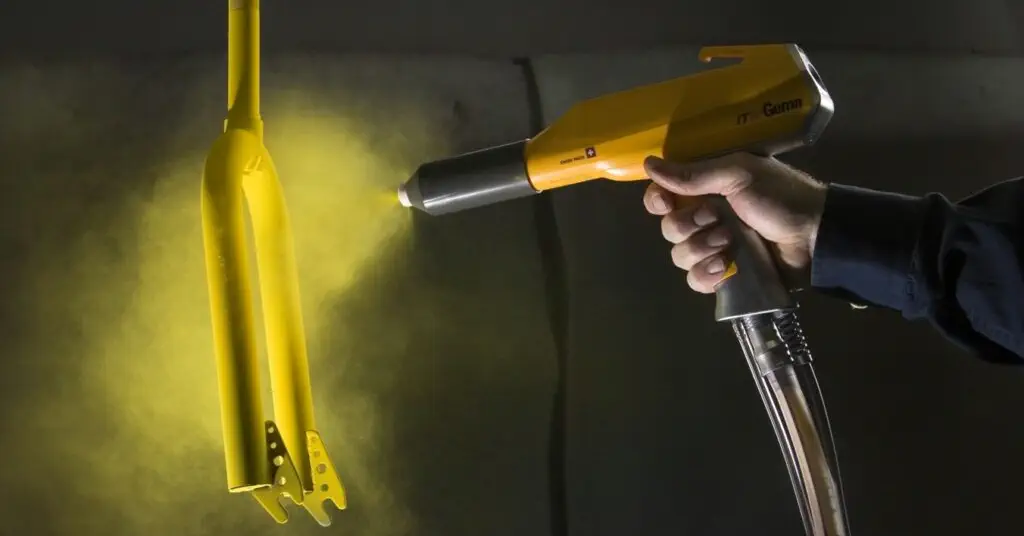The Role of Epoxy Powder Coating in Protecting Industrial Equipment
Industrial equipment is often exposed to harsh environments, including extreme temperatures, chemicals, moisture, and physical wear. Protecting these assets is critical to maintaining operational efficiency, reducing downtime, and extending their lifespan. Epoxy powder coating has become a go-to solution for safeguarding industrial equipment due to its exceptional durability, corrosion resistance, and cost-effectiveness. This article explores the role of epoxy powder coating in protecting industrial equipment and why it’s a preferred choice for manufacturers and facility managers.
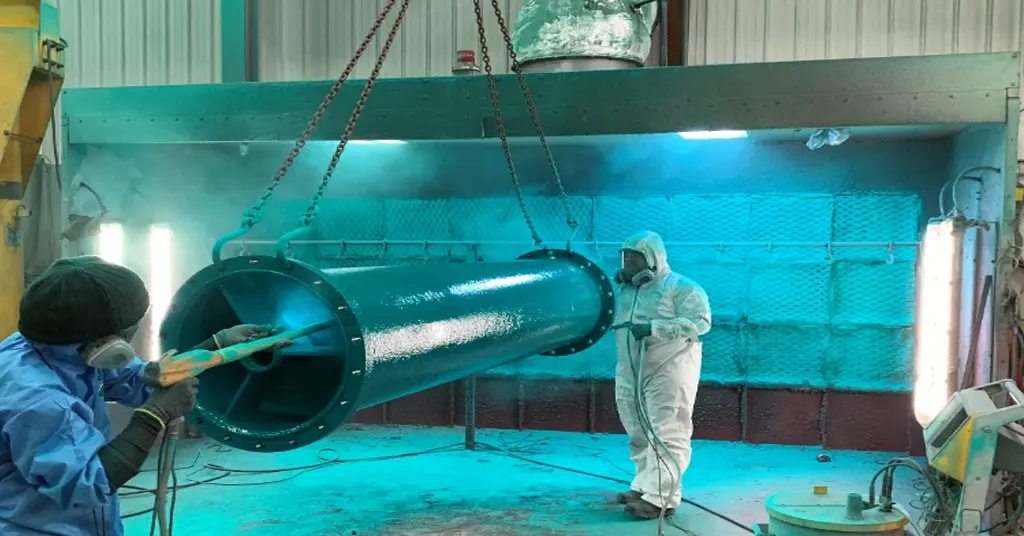
Why Epoxy Powder Coating is Ideal for Industrial Equipment
1. Superior Corrosion Resistance
Industrial equipment, especially in sectors like manufacturing, oil and gas, and chemical processing, is often exposed to corrosive substances such as acids, alkalis, and saltwater. Epoxy powder coatings create a robust barrier that prevents rust and corrosion, ensuring the equipment remains functional and reliable even in aggressive environments.
2. Enhanced Durability
The wear and tear of daily operations can take a toll on industrial machinery. Epoxy powder coatings are highly resistant to chipping, scratching, and impact, making them ideal for equipment that undergoes frequent use or handling. This durability reduces the need for frequent maintenance and repairs, saving time and costs.
3. Chemical Resistance
In industries where equipment is exposed to harsh chemicals, epoxy powder coatings provide an added layer of protection. They are resistant to a wide range of chemicals, including solvents, oils, and cleaning agents, ensuring the equipment remains intact and operational.
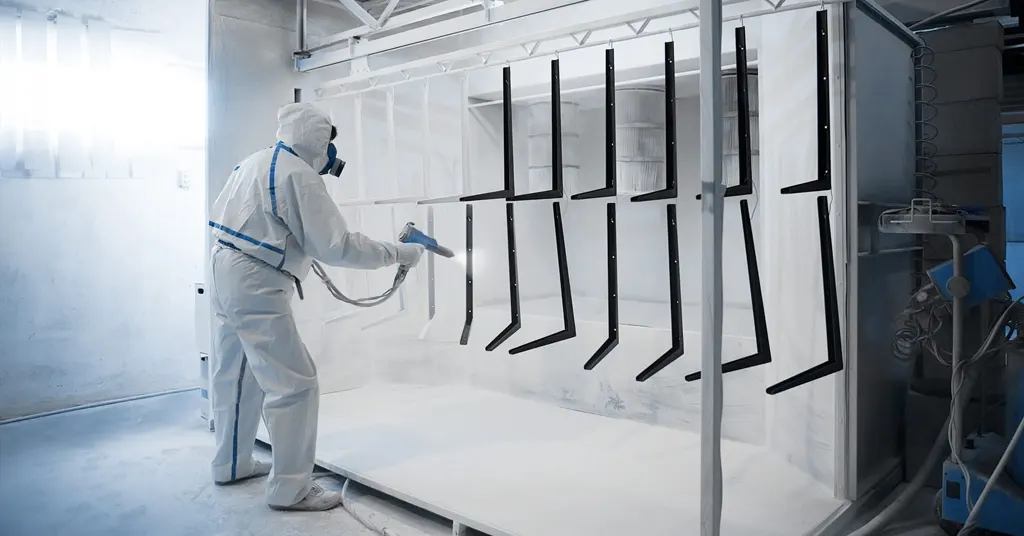
4. Heat Resistance
Many industrial processes involve high temperatures, which can degrade unprotected metal surfaces. Epoxy powder coatings are formulated to withstand elevated temperatures, making them suitable for equipment used in furnaces, boilers, and other high-heat applications.
5. Aesthetic and Functional Benefits
Beyond protection, epoxy powder coatings offer aesthetic advantages. They are available in a variety of colors and finishes, allowing manufacturers to customize the appearance of their equipment. Additionally, the smooth, non-porous surface of epoxy coatings makes them easy to clean and maintain, which is particularly beneficial in industries with strict hygiene standards, such as food processing and pharmaceuticals.
6. Cost-Effectiveness
While the initial investment in epoxy powder coating may be higher than traditional paint, its long-term benefits far outweigh the costs. The extended lifespan of coated equipment, reduced maintenance requirements, and lower risk of downtime result in significant cost savings over time.
Applications of Epoxy Powder Coating in Industrial Equipment
1. Machinery and Tools
Industrial machinery, such as presses, conveyors, and robotic arms, benefit from the protective qualities of epoxy powder coatings. These coatings ensure the equipment remains operational and efficient, even in demanding environments.
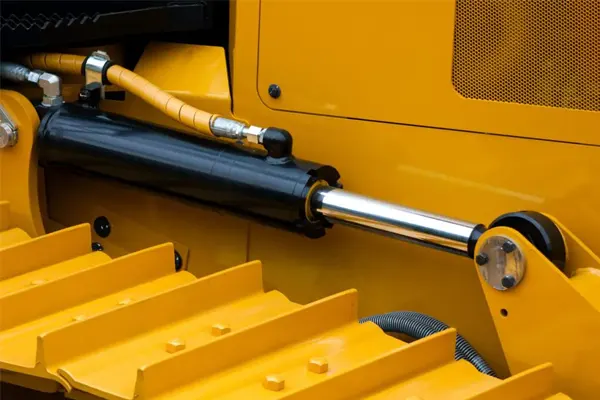
2. Storage Tanks and Vessels
Storage tanks and vessels used to hold chemicals, fuels, or water are prone to corrosion and chemical damage. Epoxy powder coatings provide a reliable protective layer, extending the lifespan of these critical assets.
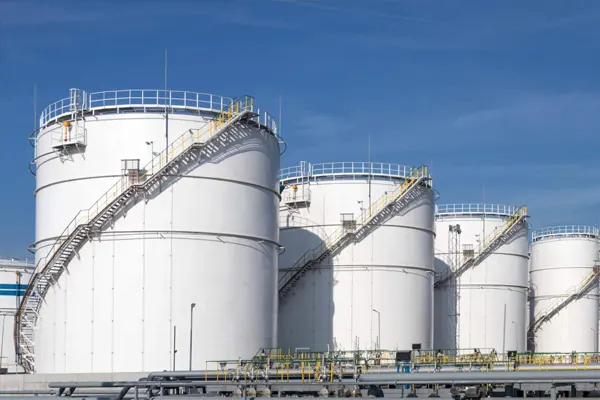
3. Pipes and Valves
In industries like oil and gas, pipes and valves are exposed to corrosive substances and high pressures. Epoxy powder coatings protect these components, ensuring safe and efficient operations.
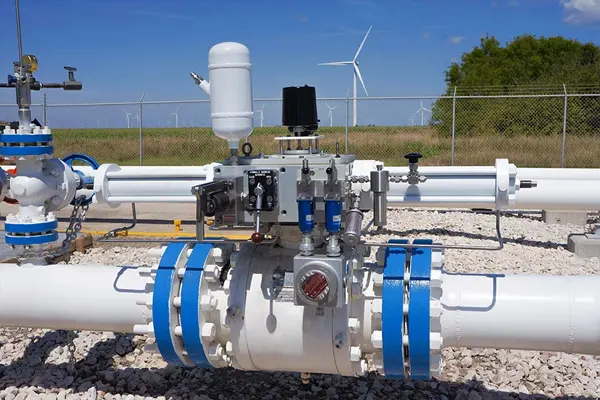
4. Electrical Enclosures and Panels
Electrical equipment, such as control panels and enclosures, requires protection from moisture, dust, and chemical exposure. Epoxy powder coatings provide insulation and durability, safeguarding sensitive electrical components.
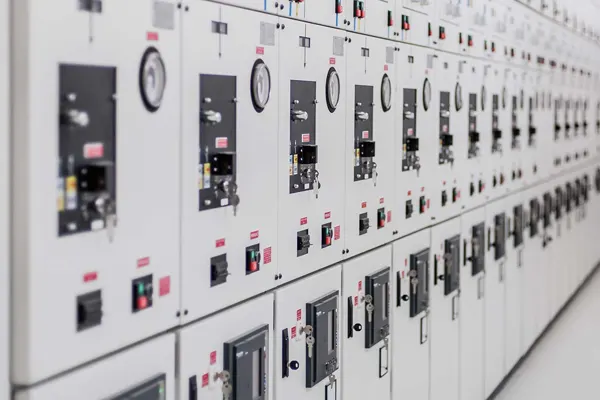
5. Material Handling Equipment
Forklifts, pallet racks, and other material handling equipment are subject to constant wear and tear. Epoxy powder coatings enhance their durability, reducing the need for frequent replacements.
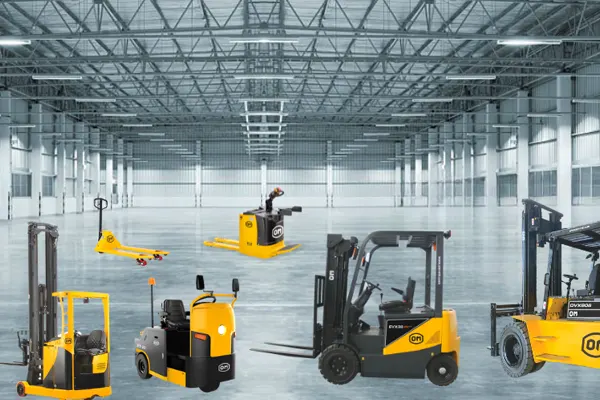
Key Considerations for Applying Epoxy Powder Coating
1. Surface Preparation
Proper surface preparation is critical for achieving optimal adhesion and performance. Techniques such as sandblasting, chemical cleaning, or phosphating ensure the metal surface is free from contaminants and ready for coating.
2. Environmental Conditions
Consider the specific environmental conditions the equipment will face. For example, equipment used outdoors may require UV-resistant coatings, while those exposed to chemicals need enhanced chemical resistance.
3. Curing Process
The curing process is essential for achieving the desired properties of the coating. Follow the manufacturer’s guidelines for temperature and time to ensure a durable and uniform finish.
4. Compliance with Industry Standards
Ensure the epoxy powder coating meets relevant industry standards and certifications, such as ISO, ASTM, or NACE, to guarantee its performance and safety in industrial applications.
Conclusion
Epoxy powder coating plays a vital role in protecting industrial equipment from corrosion, wear, and chemical damage. Its durability, resistance to harsh environments, and cost-effectiveness make it an ideal choice for manufacturers and facility managers looking to enhance the performance and lifespan of their equipment. By understanding the benefits and applications of epoxy powder coatings, industries can make informed decisions to safeguard their assets and optimize their operations.

Erik
Doctor of Chemical Engineering, expert in the field of powder coatings, with over 20 years of professional experience in the research and application of powder coatings
Latest news
Have Anything To Ask Us?
